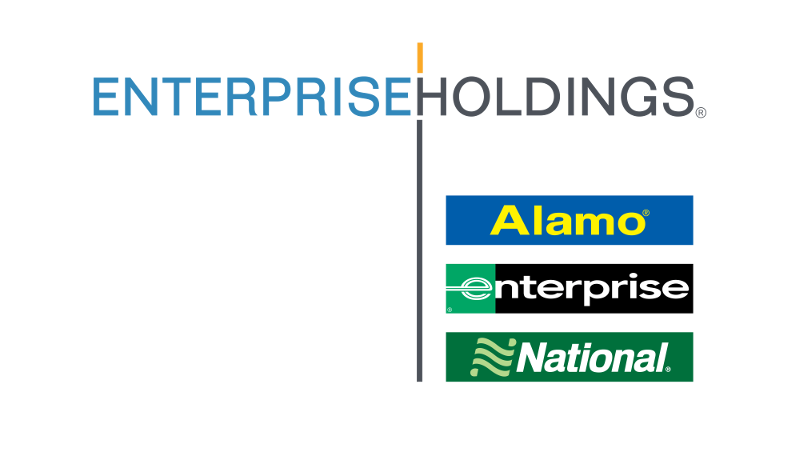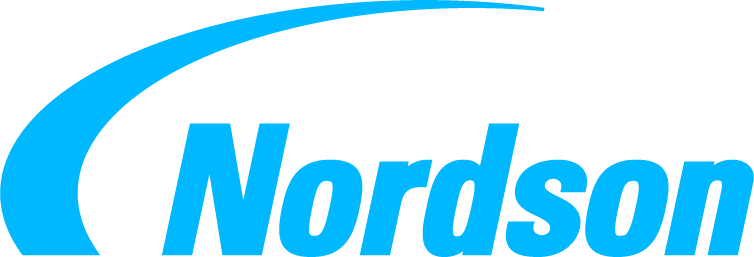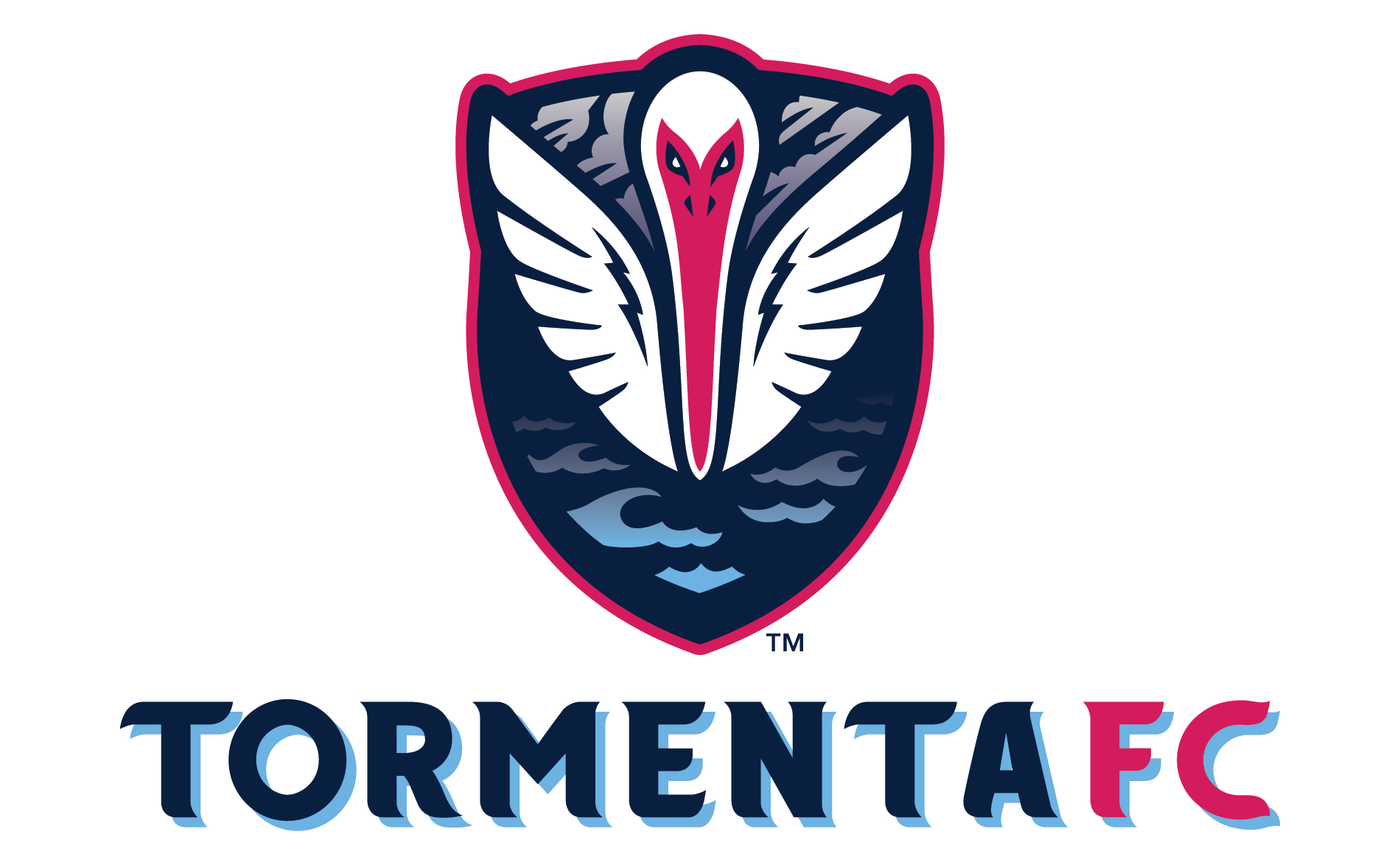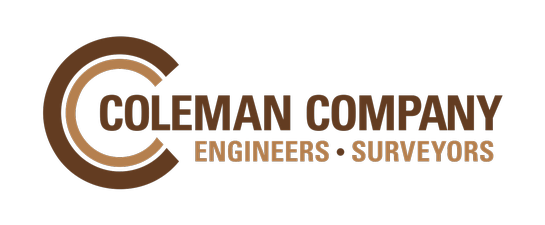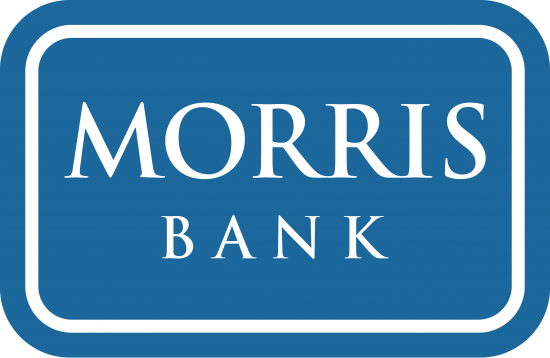Cover Letters
Additional Assistance
What is a Cover Letter? A well-written cover letter should always accompany your résumé.
The cover letter gives you the opportunity to:
- Draw an employer’s attention to specific skills and experience outlined in your résumé
- Convey your research and knowledge of the organization
- Expand upon information which particularly matches you to the position for which you wish to be considered.
If you are emailing your résumé to a potential employer, your email message can serve as your cover letter. Remember that the cover letter is a reflection of your writing skills, so take time to proofread your document and have it reviewed by someone in the Office of Career and Professional Development.
Use our Professional Correspondence Guide to help you get started.
Format & Content
Cover letters should be one page in length, and three to four paragraphs long. The structure of the cover letter typically consists of an introductory paragraph, a middle paragraph identifying your specific strengths matched to the employer’s needs, and a concluding paragraph restating your interest in the position and requesting an interview. They should be targeted to each position and should address the specific employer’s qualifications.
Paragraph 1 – Explain your Purpose
- Clearly identify the position for which you are applying or state why you would be the right candidate for a specific job.
- If answering an ad or a job posting, state where you heard about the opening. If someone referred you to the position, mention that person’s name.
- If you do not know whether the employer has an opening, indicate the type of position you are seeking.
Paragraph 2 – Your Sales Pitch
- Explain your qualifications and why you are interested in the position and the company.
- Generate the reader’s interest in you by referring to an enclosed résumé. Do not repeat your résumé; rather, highlight specific examples of your experience and qualifications as they relate to the desired position.
Paragraph 3 – Your Plan of Action
- Identify what you will do next.
- Make a request for an interview. If you know you will follow up, state that.
- Keep this paragraph short, positive and avoid sounding aggressive or “pushy” in tone.
- Thank them for their time and indicate your eagerness to speak with them.
- Include your contact information (phone and email address).
- At the end, you must include a signature block. Be sure to sign the letter before it is scanned, mailed or faxed!
Cover Letter Phrases
Here are some phrases that may help you get started with your cover letter:
Opening Phrases
- Upon reading your advertisement in the (Atlanta Journal Constitution), I was very excited to learn of your need for a (Manager). Your (comprehensive) approach to (…) is very impressive.
- I read your company’s description in the (Atlanta Journal Constitution) and I am interested in learning about employment opportunities in your (Management Training) Program.
- (John Smith) suggested that I contact you regarding your search for a (Graphic Designer).
- I am in search of an opportunity in (materials management) within the (health-care) field and would like to inquire about the possibility of joining your (management) team.
Main Phrases
- Upon graduating from (school name) with a (type of degree/certification) degree in (area of study), I am eager to acquire some practical experience and apply my skills.
- As a (volunteer, tutor, fundraiser, etc.) I have developed my skills in (team motivation, project management, etc.). I am known for (following through on commitments, paying attention to details, being well organized, etc.).
- My background in ___ would be an asset to your company’s work in …
- My previous experience in ____________ would complement your firm’s (strategy, goals, etc.)
- At this point in my career, I believe I can make significant contribution to (company), both in the areas of ______ and _________. I am a results-oriented professional who regards principles, balance, and professionalism as strategic components of my business philosophy.
Closing Phrases
- The enclosed résumé describes my qualifications for the (Manager) position.
- Please consider my request for a personal interview to discuss my qualifications.
- I would appreciate an opportunity to meet with you and further discuss the position and my ability to meet your needs.
- Should you need to reach me, please feel free to call me at (912) 555-1212.
- Thank you for your consideration, I look forward to talking with you.
Other Letters
The purpose of this letter is to inquire about possible vacancies, have someone read your résumé, and to generate an interview.
Networking Letter
This letter is sent to individuals requesting information about a career or company. Normally, a résumé is not attached to this type of letter because the focus is on generating information not generating job offers! It’s excellent used as a way to ask for an informational interview.
Follow-Up Letter
A letter requesting the status of your application while noting your continued interest in the position. You should also offer to provide any additional information that would assist the employer in making a decision. Due to time sensitivity, this letter is often emailed.
Interview Confirmation Letter
Once an interview appointment has been made between you and a prospective employer over the telephone, it is sometimes best to follow-up that conversation with a confirmation letter or email indicating:
• Restatement of the date and time of the interview appointment
• Other pertinent details discussed on the phone
• Your appreciation of the employers’ further consideration of your qualifications
Post-Interview Thank You Letter
This is one of the most important yet least used letters in a job search. It is used to show good will and appreciation. A thank you letter should always be sent with 24 -48 hours after an interview. It can be a handwritten note, business letter or sent via email. A well written thank you reminds the employer who you are, your background and qualifications, shows your enthusiasm and continued interest and conveys your sincere appreciation for their time.
Job Offer Acceptance Letter
Congratulations if you’ve made it to this stage in the job search! This letter is sent to an employer when an offer has been made. Use it to accept the offer and confirm the terms of employment (start date, salary, medical examinations, etc.). It is an excellent way to positively reinforce the employer’s decision to hire you.
Job Offer Letter of Declination
A letter sent to formally decline an offer of employment or to remove you from consideration as a candidate. Rejecting an employment offer must be done thoughtfully. Indicate that you have carefully considered the offer but that it was not the best job fit for this stage in your career. Do not say that you have obtained a better job. You want to express your thanks while keeping the door open for future contact.
Job Offer Clarification
This letter is used to clarify any details about a job offer which can help you in making a decision. You can request clarification in two ways: over the phone or formally by letter.
Last updated: 1/7/2013
Be Informed!
Gather information about degree attainment, student success, costs and affordability across the University System of Georgia.
Eagle Partners
Gold Partners
Silver Partners

Office of Career and Professional Development • 912-478-5197 • ocpd@georgiasouthern.edu



